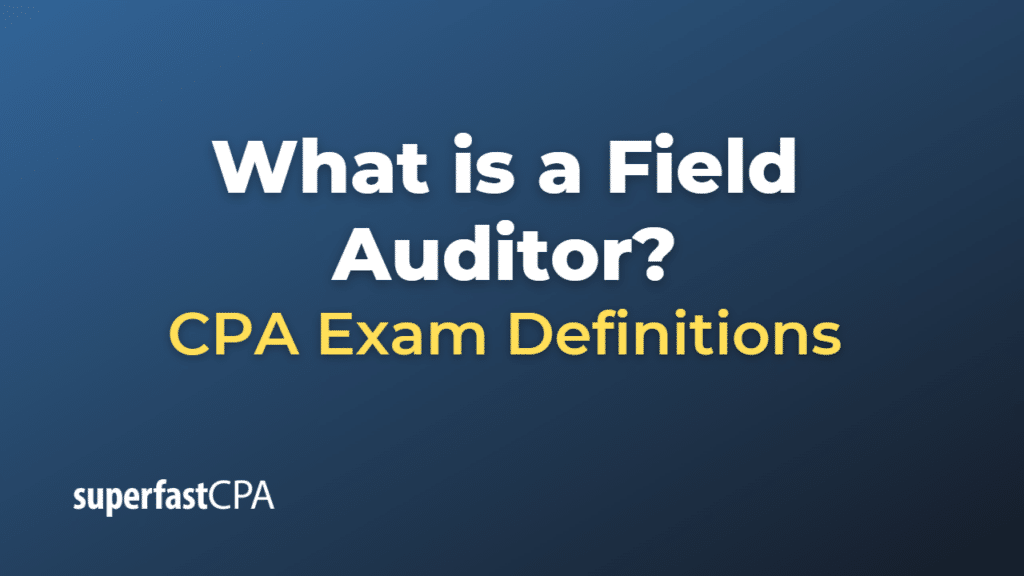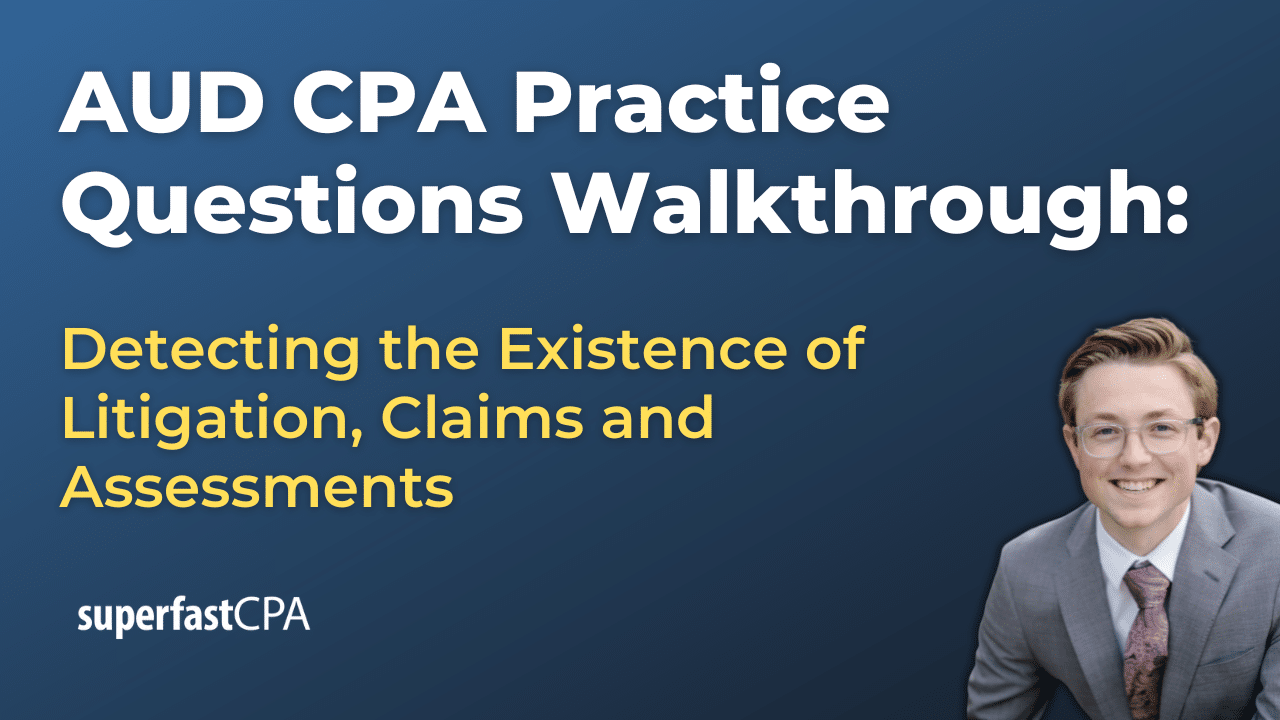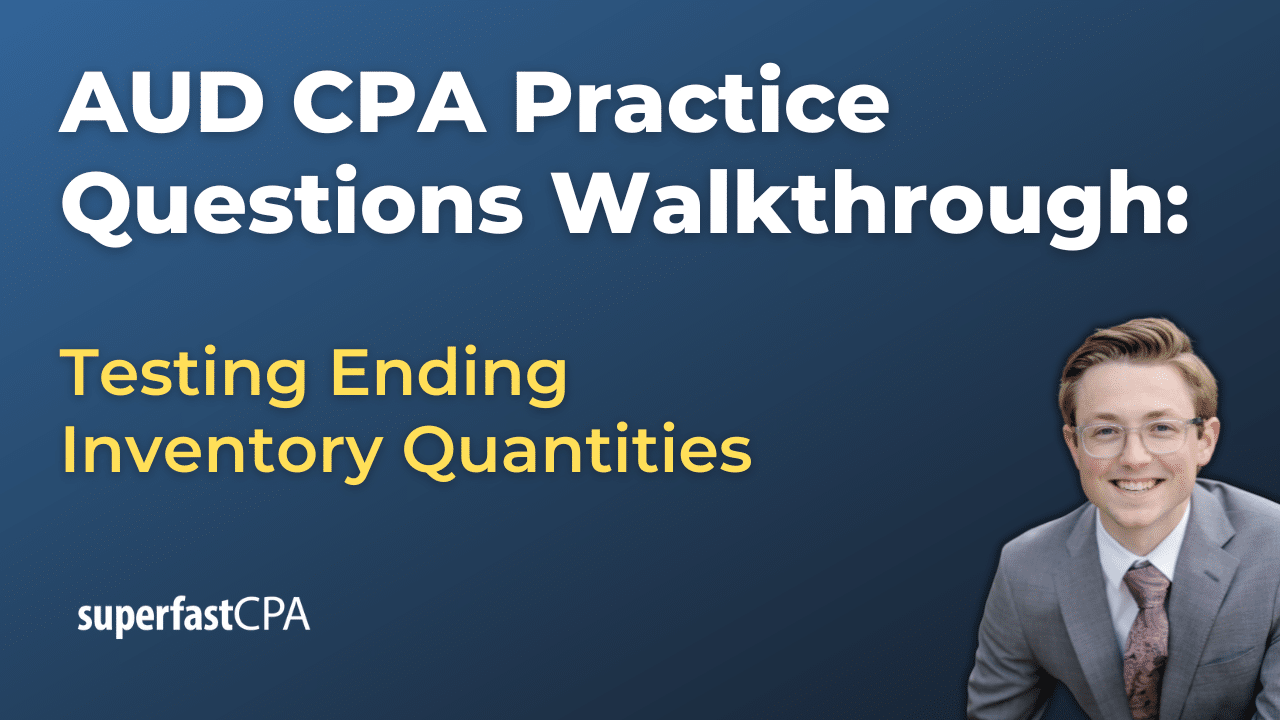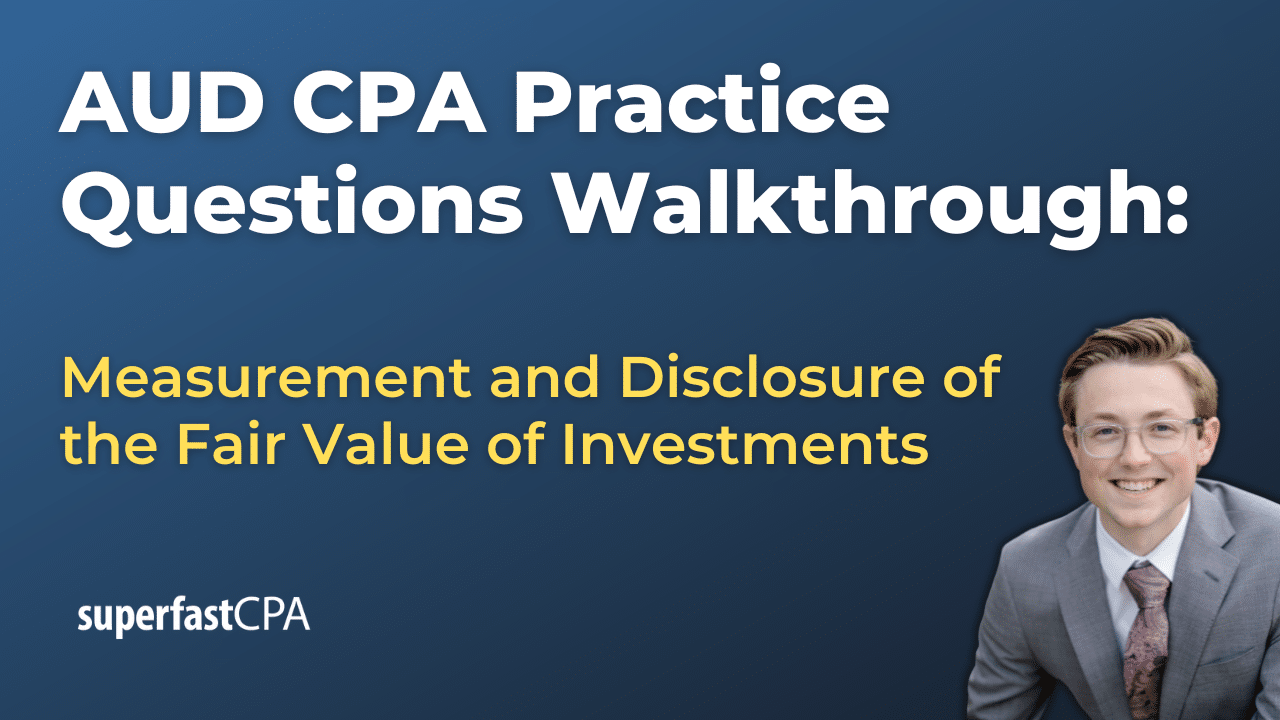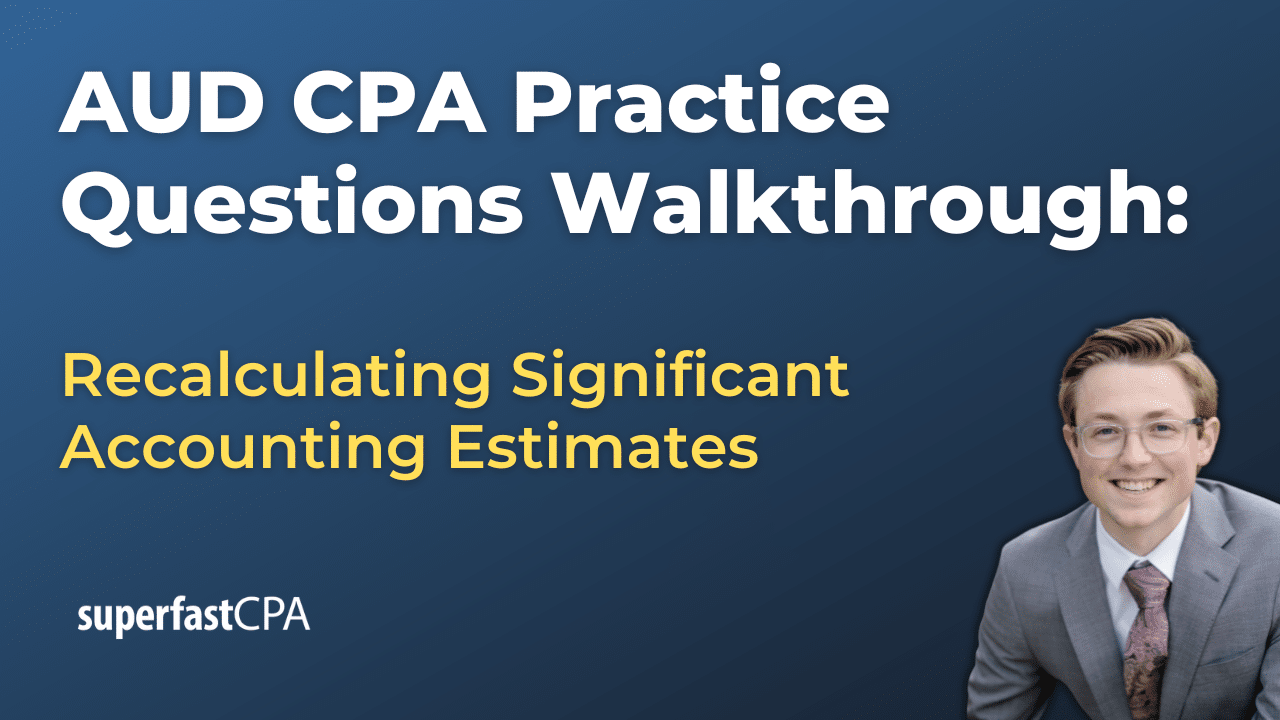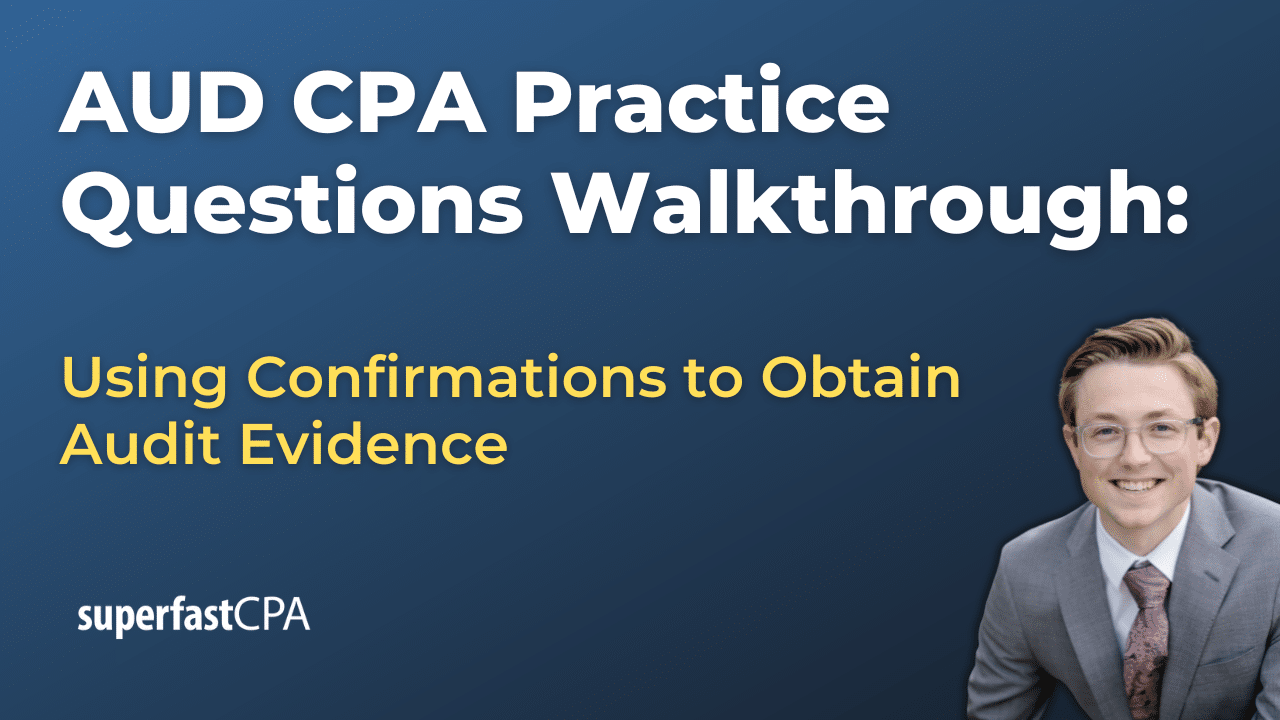Field Auditor
A field auditor is a professional who conducts audits outside of their office environment, typically at the location of the client or the entity being audited. They analyze and assess the accuracy of an organization’s records, especially the financial records, to ensure compliance with established controls, policies, procedures, and laws.
Field auditors often travel to different locations to review accounting procedures, internal controls, and financial statements. They also identify areas of potential financial risk or non-compliance in the organization’s operations. They typically work for government agencies or for independent auditing firms that offer their services to public and private companies.
The tasks of a field auditor might include:
- Examining financial records to verify their accuracy and compliance with laws and regulations.
- Checking for instances of mismanagement, waste, or fraud.
- Reviewing the efficiency and effectiveness of the organization’s internal controls.
- Documenting audit findings and preparing audit reports.
- Presenting audit findings to management and suggesting improvements if necessary.
Field auditors need to have strong accounting skills, as well as a good understanding of business operations and the relevant laws and regulations. They also need to have good communication and report-writing skills, as they often need to explain complex issues in a clear and understandable way.
Example of a Field Auditor
Let’s consider a situation where a field auditor would be involved.
Imagine a large corporation that has various branches across the country. The corporation hires an independent auditing firm to conduct an audit of its financial statements. This auditing firm assigns a field auditor, let’s call him John, to handle the task.
John travels to the corporation’s headquarters first. He reviews the corporation’s accounting policies, procedures, and internal controls, and assesses their adequacy for managing financial risk. He also examines a selection of transactions recorded in the corporation’s financial records to ensure they’re accurate and appropriately authorized.
Next, John visits several of the corporation’s branch locations. At each location, he reviews the local financial records and procedures, and he checks to see that the local operations are in line with the corporation’s overall policies and controls. For example, he might review the procedures for approving expenses or handling cash, to make sure they’re being done correctly and consistently across the different branches.
Once John has completed his review, he prepares a detailed audit report. This report includes his findings about the corporation’s financial statements, its internal controls, and any potential issues he identified during his audit. He presents this report to the corporation’s management, explaining his findings and offering recommendations for improvement if needed.
So in this example, John, the field auditor, plays a crucial role in ensuring the corporation’s financial accuracy and integrity by performing audits at different locations and providing valuable feedback to the corporation’s management.

